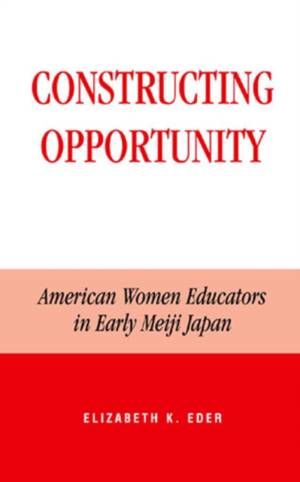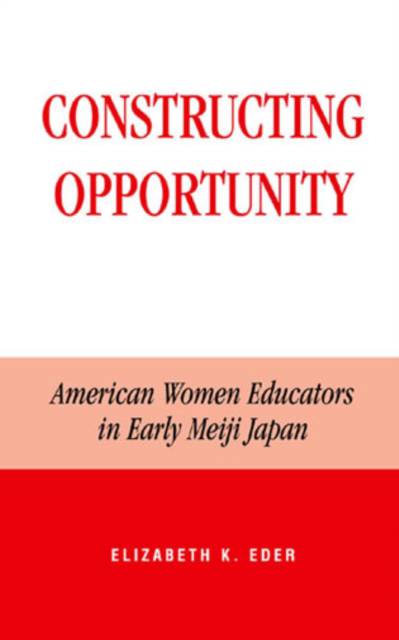
Je cadeautjes zeker op tijd in huis hebben voor de feestdagen? Kom langs in onze winkels en vind het perfecte geschenk!
- Afhalen na 1 uur in een winkel met voorraad
- Gratis thuislevering in België vanaf € 30
- Ruim aanbod met 7 miljoen producten
Je cadeautjes zeker op tijd in huis hebben voor de feestdagen? Kom langs in onze winkels en vind het perfecte geschenk!
- Afhalen na 1 uur in een winkel met voorraad
- Gratis thuislevering in België vanaf € 30
- Ruim aanbod met 7 miljoen producten
Zoeken
€ 124,45
+ 248 punten
Omschrijving
Margaret Clark Griffis and Dora E. Schoonmaker travelled thousands of miles in the 1850s to teach Japanese children. Elizabeth Eder draws on many primary sources to give both an intimate biographical account and an examination of the social and institutional frameworks of their professional lives.
Specificaties
Betrokkenen
- Auteur(s):
- Uitgeverij:
Inhoud
- Aantal bladzijden:
- 288
- Reeks:
Eigenschappen
- Productcode (EAN):
- 9780739106402
- Verschijningsdatum:
- 24/09/2003
- Uitvoering:
- Hardcover
- Afmetingen:
- 159 mm x 236 mm
- Gewicht:
- 499 g

Alleen bij Standaard Boekhandel
+ 248 punten op je klantenkaart van Standaard Boekhandel
Beoordelingen
We publiceren alleen reviews die voldoen aan de voorwaarden voor reviews. Bekijk onze voorwaarden voor reviews.









